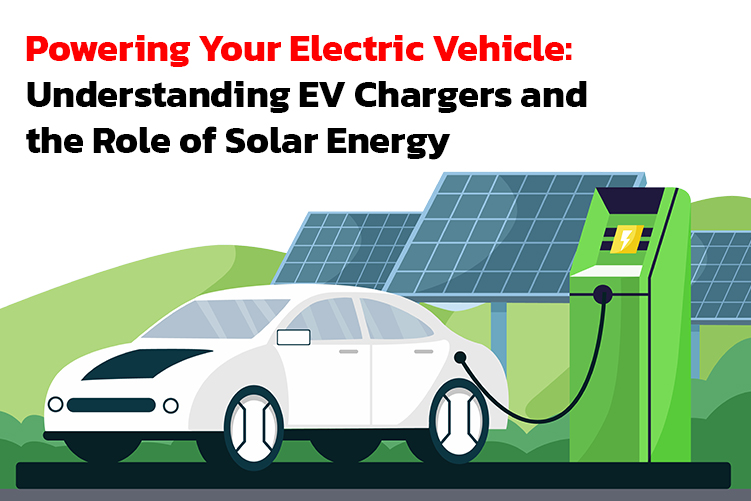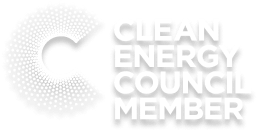Electric vehicles (EVs) are becoming increasingly popular in Australia, with more and more people looking for eco-friendly and cost-effective ways to travel. However, one of the biggest challenges faced by EV owners is finding a reliable and efficient way to recharge their vehicles. This is where EV chargers come in.
Solar energy and electric vehicles (EVs) are two of the most promising technologies of our time, and when combined, they have the potential to revolutionize the way we think about energy and transportation. Solar energy can contribute to EV technology in several ways, including reducing the cost of charging, increasing the availability of charging infrastructure, and reducing greenhouse gas emissions.
EV chargers are devices that are used to recharge the batteries of electric vehicles. They come in different types, such as Level 1, Level 2, and Level 3 chargers, and can be installed in various locations, including homes, workplaces, and public areas.
Level 1 chargers are the slowest type of chargers, and they typically take up to 24 hours to fully charge an EV. They are most commonly used for home charging, as they can be plugged into a standard household outlet.
Level 2 chargers are faster than Level 1 chargers, and they can charge an EV in 4-8 hours, depending on the capacity of the battery. They require a dedicated circuit and a specialized plug, and they can be installed at home or in public places.
Level 3 chargers, also known as DC fast chargers, are the fastest type of chargers available. They can provide up to 80% charge in as little as 30 minutes, making them ideal for long-distance travel and public charging stations.
One of the most significant ways that solar energy can contribute to EV technology is by reducing the cost of charging. EV owners typically charge their vehicles at home, which can be expensive if they rely solely on the grid. However, by installing solar panels on their homes, they can generate their own electricity and reduce their reliance on the grid. This not only reduces the cost of charging but also makes EVs more accessible to people who may not have access to charging infrastructure.
Another way that solar energy can contribute to EV technology is by increasing the availability of charging infrastructure. Solar-powered charging stations can be installed in remote areas where grid connections are not available, providing access to charging for EV owners in those areas. This can help to increase the adoption of EVs, particularly in rural areas where access to charging infrastructure is limited.
When choosing an EV charger, it is important to consider factors such as charging speed, compatibility with your vehicle, and installation requirements. With the increasing popularity of EVs in Australia, it is likely that we will see more EV chargers being installed in public places, making it easier for EV owners to recharge their vehicles on the go.
Solar energy can contribute to EV technology by reducing greenhouse gas emissions. EVs produce fewer emissions than traditional vehicles, but they still require electricity to operate. By using solar energy to charge EVs, we can significantly reduce the emissions associated with charging and make the entire process more environmentally friendly.
In conclusion, solar energy can contribute to EV technology in several ways, including reducing the cost of charging, increasing the availability of charging infrastructure, and reducing greenhouse gas emissions. As both technologies continue to evolve, we can expect to see more integration between solar energy and EVs, creating a more sustainable and efficient energy system for the future. Solar Miner is one of the most preferred solar retailers in Victoria, speak to our team at 1300285885 to learn more about our smart home bundle offer and check free solar Vic rebate eligibility.





